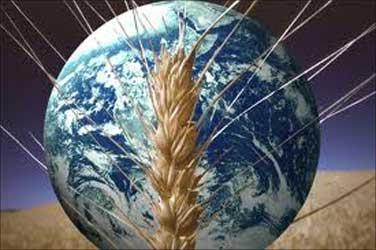
At the Doha climate change conference, the world agreed to strengthen the framework for future action.
But it is now that action is needed.
The United Nations climate talks in Doha ended in overtime, in what can be best described a nail-biting finish.
This was the 18th Conference of the Parties to the United Nations Framework Convention on Climate Change.
The COP is held once a year to push for action to cut greenhouse gas emissions, so intertwined with economic growth that the world has been haggling for the past 20 years over who will cut and how much.
. . .
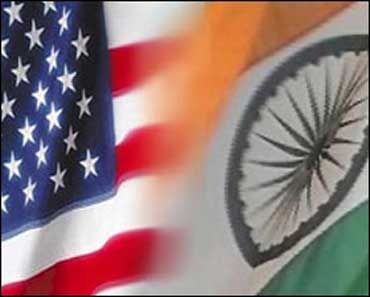
The fact is that in these 20 years, since 1992 when the convention was signed in Rio, the science of climate change has become more certain.
The world is beginning to see what the future will look like -- a greater number of extreme events like tropical storm Sandy are expected to cripple life and livelihoods across the world.
The island nation of the Philippines has seen 17 killer typhoons in the past year; its delegation to the conference spoke emotionally of how the world has run out of time.
But even as science has become more certain, action has become more uncertain.
. . .

The Doha package is full of words, but there is no action.
The second commitment period of the Kyoto Protocol has been agreed upon, though with weak targets and loopholes.
The US has not put any meaningful emission reductions on the table.
Even the financial package, essential for the most vulnerable countries, is a broken promise.
But what is important is the fact that the world has not dismantled the principles that will govern the effort to cut emissions.
. . .
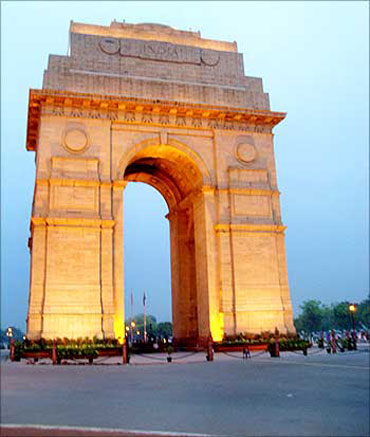
These principles, after the bitterest of fights, have been retained and strengthened.
The outcome of the conference states that efforts will be taken on the 'basis of equity and common but differentiated responsibilities and respected capabilities'.
For the US, the issue of equity in the allocation of responsibility towards the problem and action based on this contribution has been a red line.
The US delegation made its complete aversion to any mention of "equity" or "historical emissions" so clear that it has amounted to open blackmail.
Thanks to pressure from the US, at the Copenhagen Climate Change conference in 2009 these words were erased from the document.
. . .
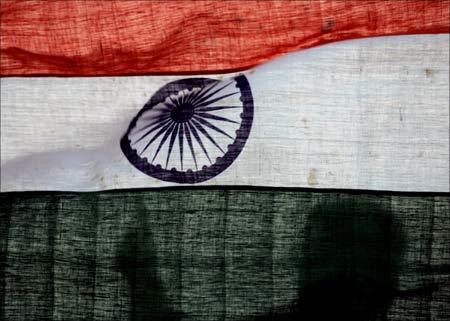
Therefore, in the Durban Platform negotiations, which will now work to build agreement for emission reductions post 2020, the word "equity" has not been used.
Instead, action will be "under the climate convention", which in turn is embedded within the framework of equity.
It is no surprise, then, that the US made its reservations and its right to a future rejection known on these two references.
In the final plenary, climate czar Todd Stern said firmly that his government will "revoke all attempts to invoke" these principles.
. . .
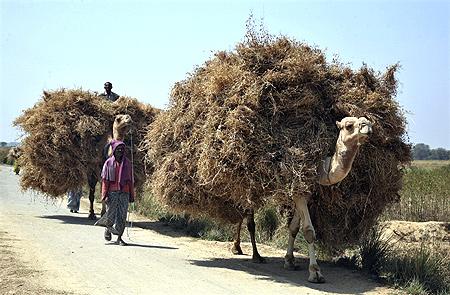
Now that the world has to come together to raise the ambition to meet the climate change challenge, the issue of who will cut and how much becomes urgent.
The US' opposition to using the principles of equity and of historical emissions will clearly make the road bumpy to traverse at the pace that is so urgently needed.
At the Doha conference, it was also agreed, importantly, to include the principle of 'loss and damage' -- that is, estimating the economic and livelihood cost of the growing impact of climate change on the most vulnerable.
This is crucial since extreme weather events are devastating economies.
. . .
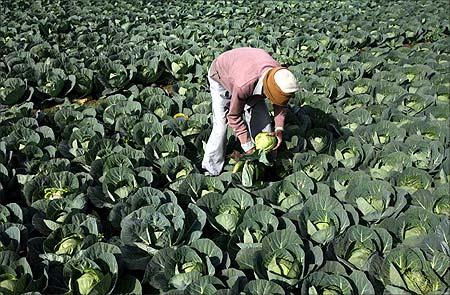
It was also agreed that there is a relationship between extreme weather events and slow onset events -- the variable rains that lead to droughts, for instance.
This was the key demand of island nations and least developed countries.
They wanted a mechanism to estimate and compensate for these damages.
After much resistance, again from the US, it has been agreed that the world will decide on this mechanism by COP19, to be held in Poland next year.
In the final analysis, in Doha the world agreed not to be more ambitious in closing the gigatonne and financial gap in climate negotiations.
. . .
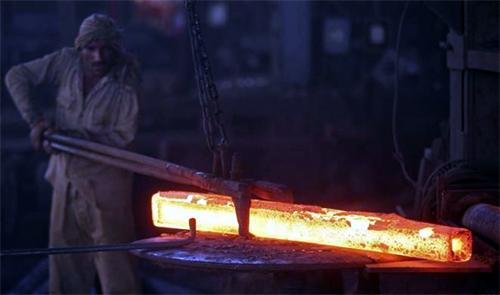
It had been agreed at the Bali conference in 2007 that the already industrialised world needed to cut 45 per cent below 1990 levels by 2020.
It was agreed that this would be done by Kyoto Protocol parties increasing their level of ambition and by non-Kyoto Protocol parties, mainly the US, by cutting emissions at "comparable" levels.
Also, the Kyoto Protocol was given its second commitment period.
In other words, there is a continuation of a multilateral and rule-based regime to reduce emissions.
But the targets set by its member countries are weak and meaningless.
. . .
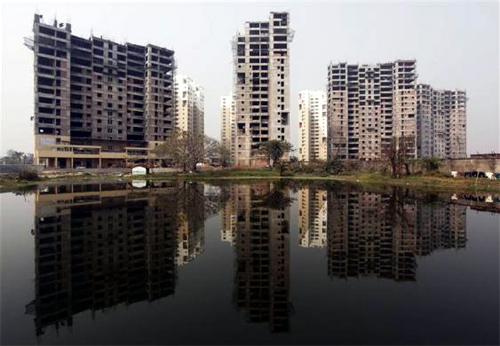
These assigned amount units caused the bitterest of fights at Doha, since Russia, Belarus and Ukraine struggled to keep these emissions free to trade.
The final agreement was not to Russia's satisfaction; the country raised severe reservations.
The European Union and all other Kyoto Protocol parties pledged not to buy these 'hot air' emissions.
The US, which was to cut 'comparable' levels of emissions, has agreed to reduce emissions only by three per cent over 1990 levels.
. . .
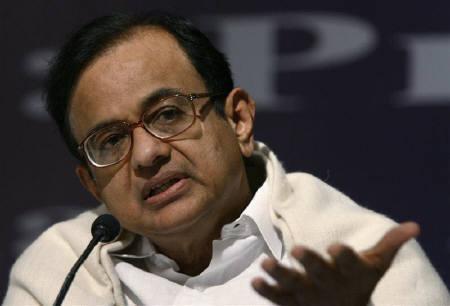
Its target is a cruel joke.
Clearly, Doha scores very low -- perhaps fatally low -- on the ambition to keep the world within safe limits.
The world is on course for a deadly 2.5 to 5 degree centrigrade increase in temperature, which would be catastrophic.
If there is hope, it lies in the fact that in Doha the world agreed to strengthen the framework for future action.
But it is now that action is needed.
In the words of a delegate from typhoon-struck Philippines, "If not us, then who? If not now, then when? If not here, then where?"